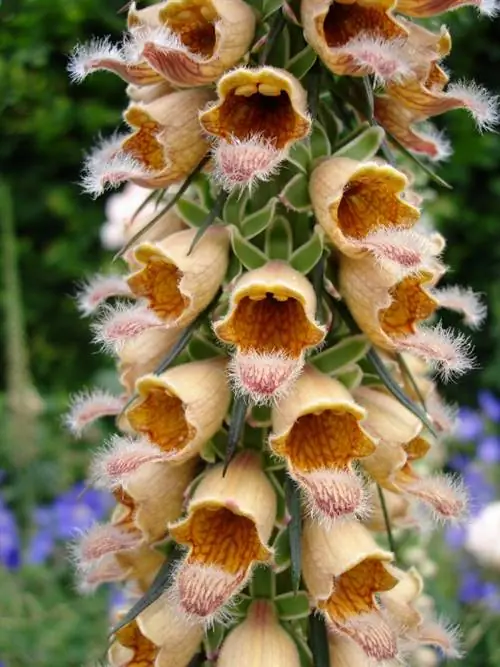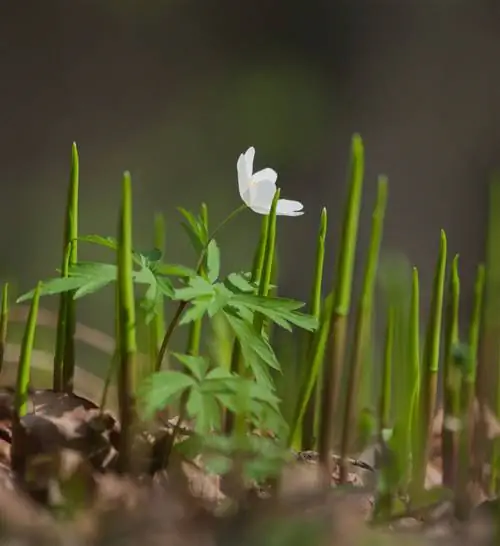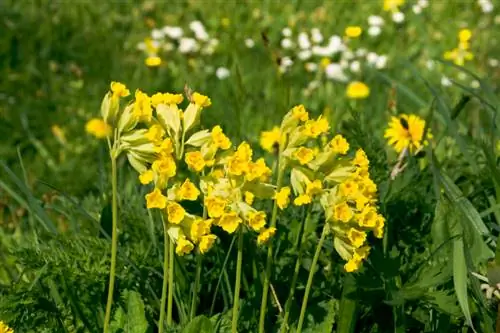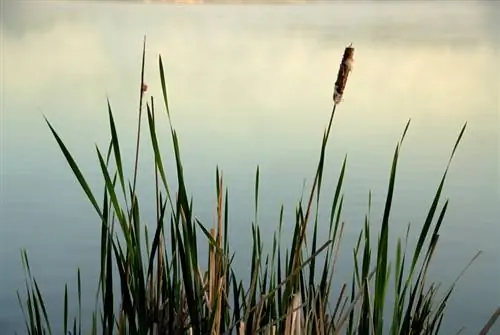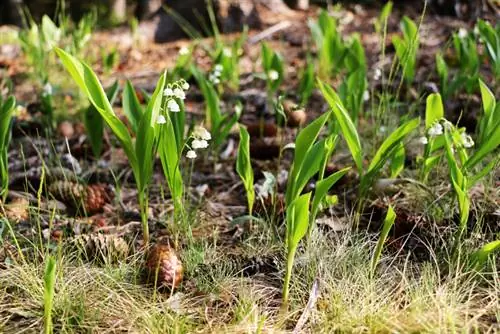- Author admin leonars@hobbygardeners.com.
- Public 2023-12-16 16:46.
- Last modified 2025-06-01 06:02.
The foxglove-like tubular flowers represent a rich pasture for bees. With them in possession (from the 2nd year) the foxglove is striking and unmistakable. They appear between June and August. But be careful: the foxglove is protected!
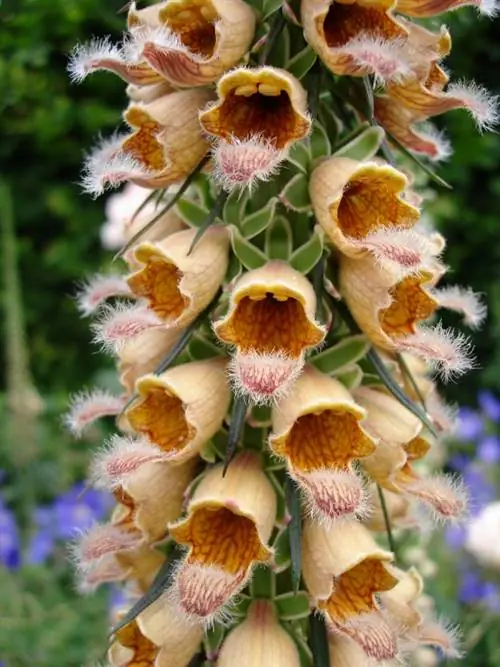
Which foxglove species are protected in Germany?
The red foxglove, yellow foxglove and large-flowered foxglove are among the foxglove species native to Germany and are all protected. This means that these plants may not be collected in the wild.
All German species are protected
There are around 25 species of foxgloves. Three of them are native to Germany. These are the red foxglove, the yellow foxglove and the large-flowered foxglove. All three are protected. This means they may not be collected.
The red foxglove - the most common species in Germany
In this country, the foxglove prefers to inhabit clearings in forests. There it likes to appear in larger populations and attracts attention with its towering flower clusters. The most common wild form in Germany is the red foxglove.
'Poisonous Plant of the Year 2007'
The red foxglove is considered a biennial and was voted 'Poisonous Plant of the Year 2007'. It's not just him who is poisonous. Its conspecifics are also all highly poisonous - some more (like the woolly foxglove), others less
Foxglove: A heart remedy from nature
Although foxglove is important in medicine in relieving heart failure, it is dangerous. You should never take it straight! Doctors prescribe it in almost homeopathic doses so that it is not toxic. These small amounts stimulate the heart to pump faster and better. But the pure leaves have a lethal effect from just 2 pieces.
Grow your own foxglove
The foxglove is considered poisonous. But many gardeners love its flowers and grow it as an ornamental plant. If you want to use the flowers for vase cutting, for example, you should grow the foxglove in your own garden and not pick it in the wild.
Here are the advantages of cultivating in your own garden:
- likes to sow itself
- does not require cutting
- grows in sun, partial shade and shade
- is unattractive to pests
Tips & Tricks
If you discover a wild foxglove growing on your property, protect your children and pets from it. If you want to eliminate it, use gloves to avoid the risk of rashes.

